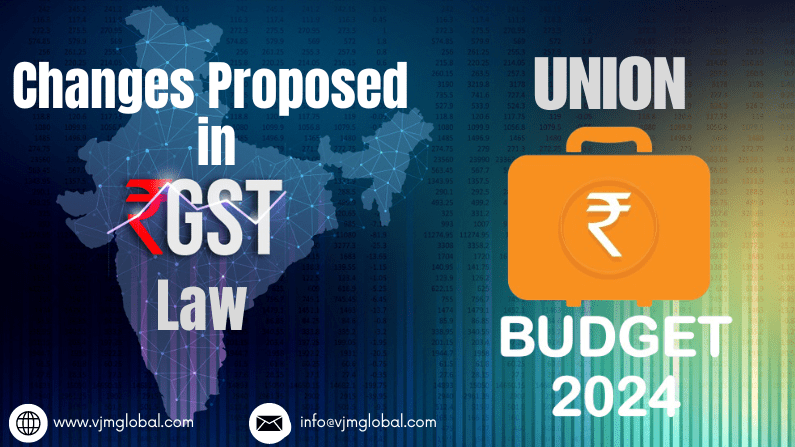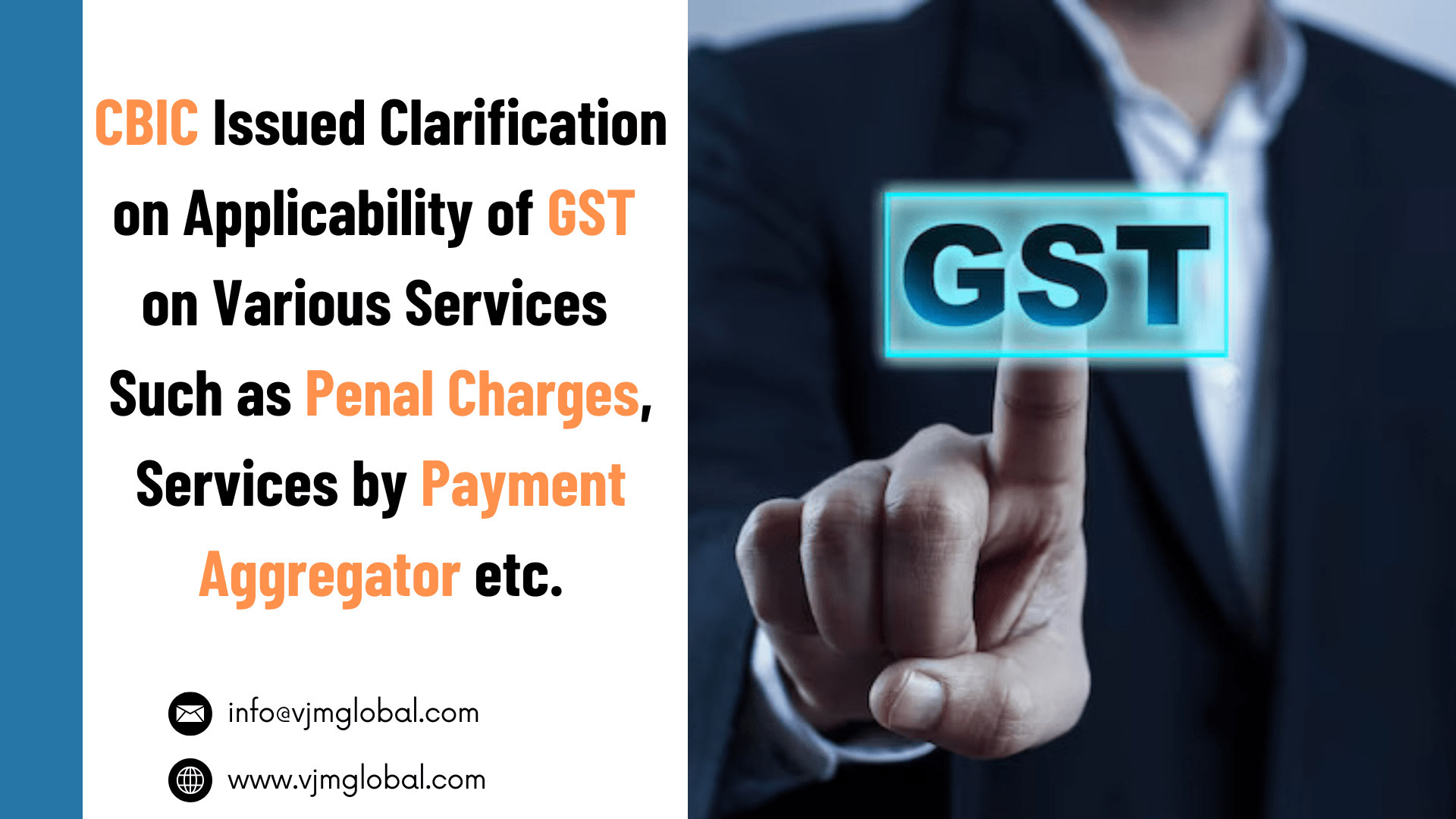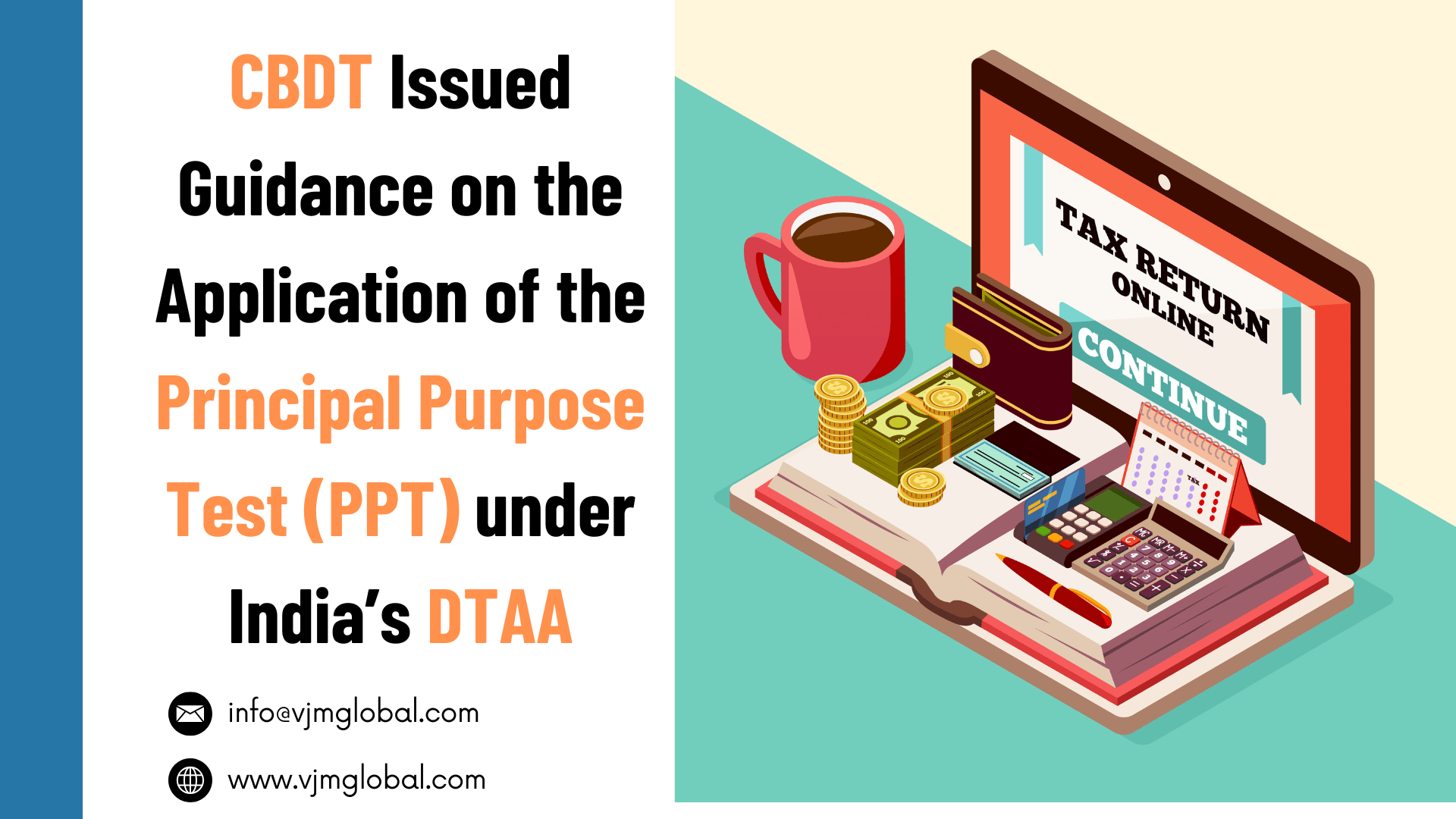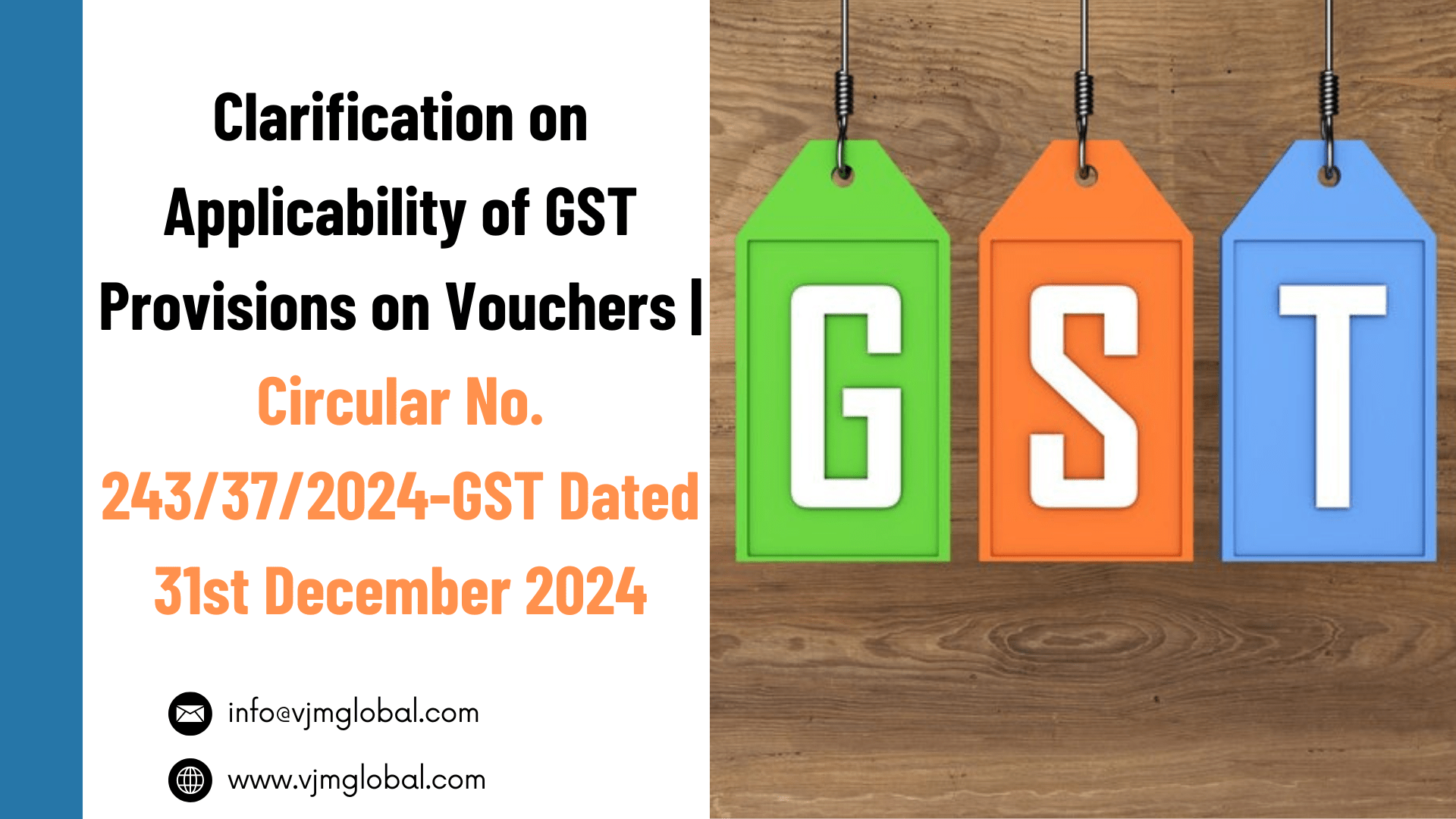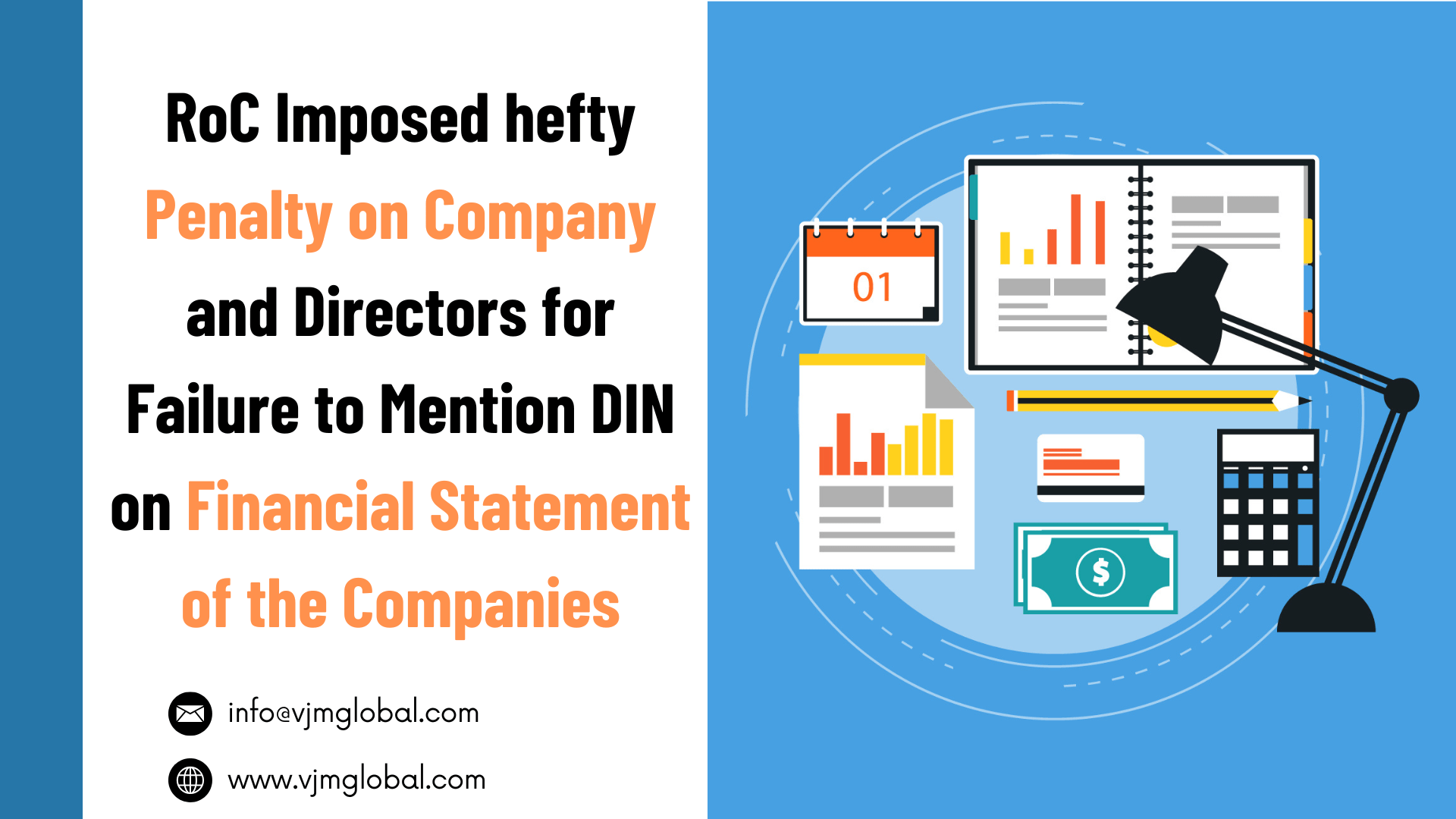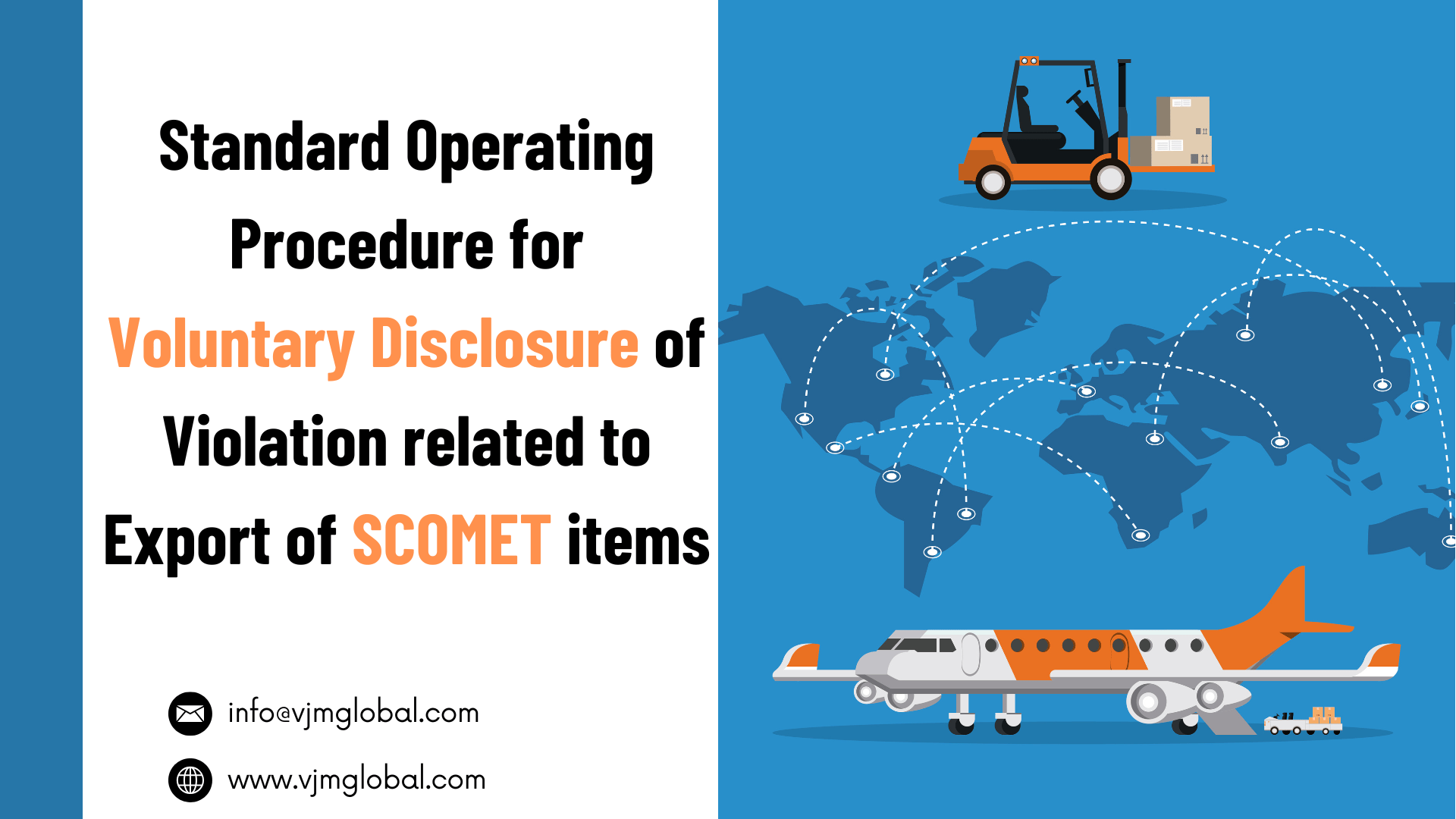Final Union budget of 2024 was presented by the Hon’ble Finance Minister on 23rd July, 2024 presenting a road map to “Viksit Bharat’ through inclusive growth of all sectors. This budget focused on key pillars namely Women, Youth, employment and farmers.
Apart from various amendments proposed under Income Tax Act, series of amendments was also proposed under Goods and Service tax Act in line with recommendations made during 53rd GST Council meeting. The budget aims to reduce complexities and enhance simplification of law and compliances for the taxpayers, granted relied to the taxpayers etc.
Key amendments proposed under Goods and Service Tax Act and its implications are discussed in this article
1. Common timeline and provisions for issuance of show cause notice and order for fraud and non-fraud cases
- Presently, where it appears to the proper officer that any tax has not been paid by the taxpayer or has been short paid or excess refund has been claimed then proper officer shall issue the show cause notice to the taxpayer.
- Show cause notice is issued under section 73 where above mentioned deviation arises on account of reasons other than fraud or mis-representation of the facts. Otherwise, SCN will be issued under section 74.
Read Also: Exempt from payment of tax on advances received for supply of goods
- In line with recommendations made in 53rd GST Council meeting, the Union Budget has proposed to issue new common section 74A wherein show cause notice can be issued for both fraud and non-fraud cases from FY 2024-25 onwards.
- Therefore, SCN under section 73 and 74 shall remain restricted upto FY 2023-24 only.
- This move intends to bring uniformity in GST practise.
- However, this may be turn out to be a genuine hardship for the honest taxpayer whose time limit for issuance of show cause notice shall enhance from 3 years to 5 years.
- Further, same treatment to both fraud and non-fraud cases will discourage the compliance motivation among honest taxpayers.
- Following amount of Penalty shall be levied under section 74A:
- Where tax is not paid for any reason, other than fraud or any wilful-misstatement or suppression of facts, penalty shall be equivalent to 10% of tax amount or INR 10,000/-, whichever is higher;
- Where tax is not paid for the reason of fraud or any wilful-misstatement or suppression of facts, penalty shall be equivalent to the tax due from such person.
2. Amnesty Scheme for payment of tax for FY 2017-18 to 2019-20
- Considering the difficulties faced by the taxpayer in initial years of implementation, GST Council recommended in 53rd GST Council meeting to provide an amnesty scheme for DRC-01 issued for FY 2017-18, 2018-19 and 2019-20.
- In line with the same, Union Budget 2024 has proposed to introduce Section 128A-”Waiver of interest or penalty or both relating to demands raised under section 73, for certain tax periods” under Central Goods and Service Tax Act, 2017.
- As per Section 128A of CGST Act, where any amount of tax is payable by a person in accordance with cases mentioned below for the period of 1st July, 2017 to 31st March, 2020 and such person makes full payment of tax on or before the due date specified in such notice, statement or order then no interest and penalty shall be payable with respect to such tax and all the proceedings with respect to such notice or order shall be deemed to be concluded.
- Benefit under Section 128A shall be available in following cases:
- Where Show Cause Notice or statement is issued under Section 73(1) or Section 73(3) and no final order is issued under Section 73(9) in form DRC-07, or
- Where order is issued in Form DRC-07 under Section 73(9) but no order is issued by:
- Appellate Authorities with respect to such order under Section 107(11) or
- Revisional authority under Section 108(1)
- Where order is issued by Appellate authority or Revisional Authority but no order is issued appellate tribunal under Section 113(1) of CGST Act.
- Where show cause notice is issued under Section 74(1) (i.e, on the basis of fraud, mis-representation of the facts) and an order is passed or required to be passed by the proper officer in pursuance of the direction of the Appellate Authority or Appellate Tribunal or a court then such notice or order shall be also be eligible under Section 128A.
- In cases where the taxpayer has already made payment of any interest or penalty then no refund shall be granted of such amount.
- Section 128A shall not apply:
- Where any amount payable on account of erroneous refund.
- Where an appeal or writ petition is pending before Appellate Authority or Appellate Tribunal or a court, as the case may be, and the same has not been withdrawn on or before the date notified
- Where tax is paid in accordance with Section 128A and the proceedings are deemed to be concluded then no appeal shall lie against such order.
3. Power not to recover GST not levied or short-levied as a result of general practice
- During 53rd GST Council meeting, the GST Council addressed the issue when huge amount of show cause notice were issued to the industry where GST was short levied or not levied as a result of general practise followed by the Industry.
- To prevent the taxpayers from genunine hardship, Union Budget has proposed to insert Section 11A – “Power not to recover Goods and Services Tax not levied or short-levied as a result of general practice” to Central Goods and Service Tax Act.
- As per Section 11A of CGST Act, if a practice is generally prevalent regarding levy of GST at short rate or non levy of GST and whereas a higher amount of GST is payable with respect to such supply then the Government may direct that the whole amount of GST or such excess amount of GST shall not be required to be paid in respect of the such supplies.
- This section will protect the interest of various companies who were served the show Cause notice of short levied or non-levied due to general practise.
4. Extended period of claiming ITC till 30th November, 2021 for FY 2017-18, 2018-19, 2019-20 and 2020-21
- As per newly inserted Sub-section (5) to Section 16, the registered person shall be entitled to take Input Tax Credit for the invoices and debit notes pertaining to FY 2017-18, 2018-19, 2019-20 and 2020-21 in any return filed till 30th November, 2021.
5. Time limit to claim ITC where GST registration is cancelled and revoked subsequently
- A new sub section (6) has been proposed to insert in Section 16 which provides for time limit for claiming ITC where GST registration of a taxpayer is cancelled and revoked subsequently.
- As per Section 16(6), Where registration of a registered person is cancelled under section 29 and such cancellation is revoked subsequently then such person shall be entitled to claim the ITC in respect of invoice or debit note issued during the period of cancellation in return filed:
- upto 30th November financial year following the financial year to which such invoice or debit note pertains or furnishing of the relevant annual return, whichever is earlier; or
- for the period from the date of cancellation of registration till the date of order of revocation, where such return is filed within 30 days from the date of order of revocation
Whichever is later.
6. Other Changes
- Maximum pre-deposit of INR 25 Crores for filing an appeal with Appellate Authority (First Appeals) has been reduced from INR 25 Crores to INR 20 Crores.
- Activity of apportionment of co-insurance premium by the lead insurer to the co-insurer for the insurance services jointly supplied, subject to the condition that the lead insurer pays the GST on the entire amount of premium, shall not be considered as supply.
- Services by insurer to the reinsurer for which ceding commission or the reinsurance commission is deducted from reinsurance premium paid by the insurer to the reinsurer, subject to the condition that the applicable GST is paid by the reinsurer on the gross reinsurance premium, shall not be considered as supply.
- Un-denatured extra neutral alcohol or rectified spirit used for manufacture of alcoholic liquor for human consumption is proposed to be kept outside the purview of GST. Such amendment is proposed in line with the current proposition of keeping the alcoholic beverages intended for human consumption outside the purview of GST.
- Section 54 has been amended to provide that no refund of unutilized Input Tax Credit or Integrated Tax paid on exports shall be allowed in cases of zero – rated supply of goods where such goods are subjected to export duty.

